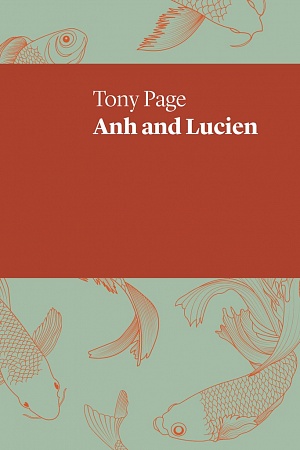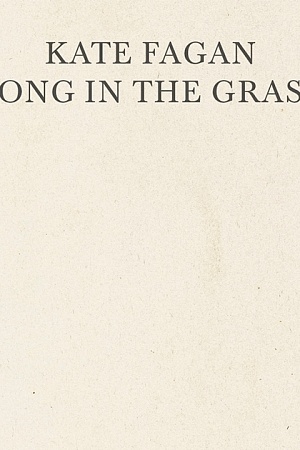The haunting of Gwen Harwood
What is the relation between poet and critic? No, not a topic for yet another tedious and oppositional debate at a writer’s festival. Rather, a question about the nature of oppositions, and the possibility of disrupting, or even suspending them, in the varied and delicate acts of literary criticism. Let me frame my question even more precisely: who is the ‘Gwen Harwood’ to whom I refer when I write about the poetry of a women who in recent years has become increasingly public, celebrated, and accessible?
In her intriguing and controversial study of feminism, poetry and criticism, The Haunting of Sylvia Plath, Jacqueline Rose demonstrates just how necessary – and impossible – it is to escape the structuring narratives of a critical tradition that seems to anticipate our every move. Such a tradition, it is well known, is tensely organised around a polarity between poetry and criticism, between the authorial roles of poet and critic, between, in this case, Gwen Harwood and Stephanie Trigg.
Continue reading for only $10 per month. Subscribe and gain full access to Australian Book Review. Already a subscriber? Sign in. If you need assistance, feel free to contact us.











Leave a comment
If you are an ABR subscriber, you will need to sign in to post a comment.
If you have forgotten your sign in details, or if you receive an error message when trying to submit your comment, please email your comment (and the name of the article to which it relates) to ABR Comments. We will review your comment and, subject to approval, we will post it under your name.
Please note that all comments must be approved by ABR and comply with our Terms & Conditions.